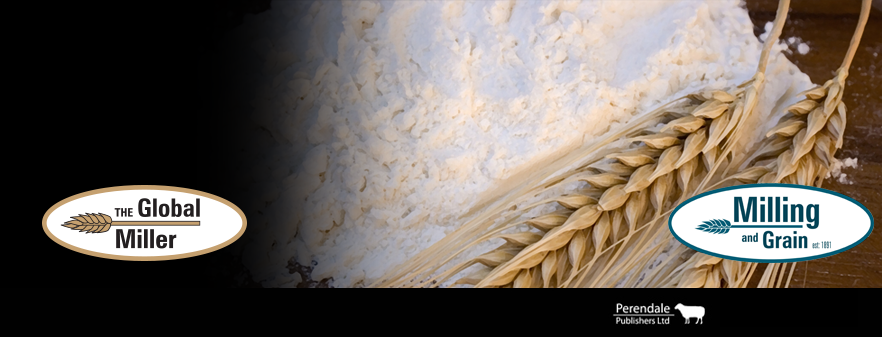The team here at The Global Miller blog and Milling and Grain magazine would like to thank all of our readers for your continued support.
In 2018, our magazine and blogs have only continued to expand and excel, we are excited to say that Milling and Grain and The Global Miller will only continue to improve in 2019.
Wishing you all a Merry Christmas and a Happy New Year!
Wishing you all a Merry Christmas and a Happy New Year!
The Global Miller
This blog is maintained by The Global Miller staff and is supported by the magazine Milling and Grain
which is published by Perendale Publishers Limited.
For additional daily news from milling around the world: global-milling.com





















